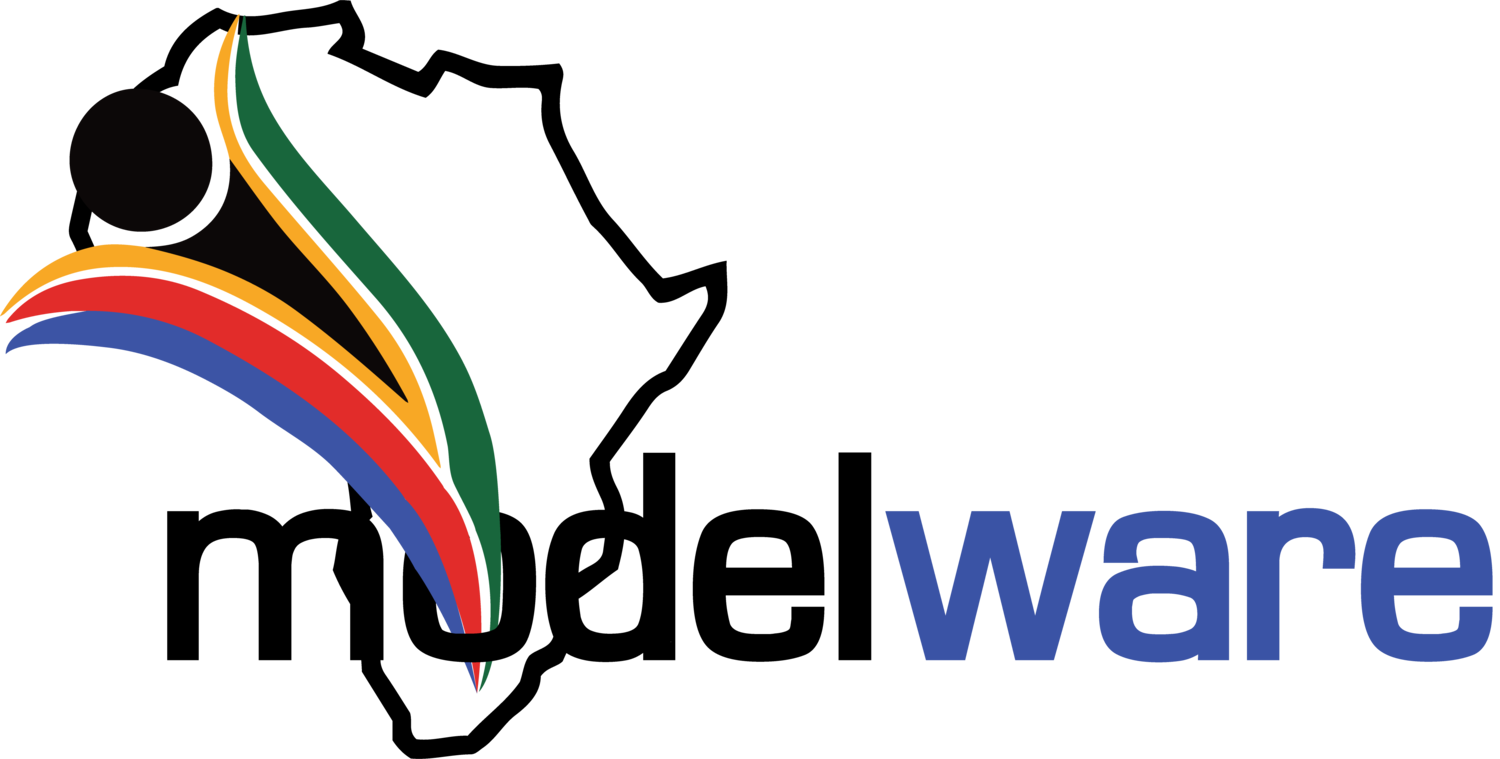Data Ethics: We the People
Kathy Rondon, We the people
Data Ethics: We the People
Mastering Data Ethics is intricate; you can only take what you read and apply it to your local context after some time.
I want to thank @Kathy Rondon for providing @DAMASA with a great introduction to Ethics applied to the North American context and using the American constitution as a framework.
In our Data Governance & Ethics Meetup events, we present Data Ethics as discussions, not theories.
Kathy describes what she hopes to accomplish with the book and presentations:
Not to provide an answer but to generate the right questions.
Not to give a compliance checklist but to suggest an ethical framework
Not to provide a definitive work on data ethics but to start an ongoing conversation
Someone described ethics as "doing the right thing when no one is watching." Whilst a simple summary like this is helpful, I have faced challenges with this description:
Defining and Agreeing on what is right
It is not about "no one watching"; it is about causing harm
Ethical discussions can get rather complicated, especially with people from all over the world. Kathy was clear that her book presented a North American context, and the topics may only apply to some regions.
Whilst the American Constitution does not apply to all of us, I found several aspects of the webinar valuable. My webinar value list is as follows:
The Dimensions (DQ) of Data Ethics
Structuring the Data Ethics Capability along the lines of what Kathy would like to accomplish
Applying the Freedom of Information to commercial entities
Data Ethics Dimensions
Kathy Rondon, We the people
I get tremendous value from knowing how to measure a capability and developing a scorecard that prioritizes the focus for the measurement period.
Kathy has defined the following dimensions:
Transparency
Accountability
Analytical Rigor
Protection
Fairness
Kathy made an exciting suggestion relating to Analytical Rigor is the establishment of Publication reviews. Very similar to the publication process set up by Academia.
Structuring the Data Ethics Practice
Knowing what Kathy would like to accomplish made me think about the appropriate vision and principles for a Data Ethics practice.
Suggested principle statements:
There are no correct answers, only the right questions.
An ethical framework is more sustainable than a compliance checklist.
Ongoing Data Ethics Conversations will help develop the ethical framework.
Our goal is to use the Data Ethics practice to establish a Corporate normative view on ethics rather than rely on the individual's ethical perspective.
Applying Freedom of Information (FOI) Concepts to Commercial Entities
More and more Government Ministries have to comply with the FOI Act. FOI is not the same as a Data Privacy regulation, and it allows people to request data from the entity to assess whether or not the ministry is achieving the desired citizen outcomes.
We suggest that people request commercial entities to provide dimension information. Examples of Commerical FOI requests:
What information is collected, enhanced and disposed
Why is the information collected, improved and disposed
Who is accountable for data lifecycle decisions
How are we reviewing publications
What protection mechanisms are we applying
Do we have Informed Consent from our Data Subjects
Who is providing and considering the different perspectives of how data handling practices
Final Thoughts
Thanks to Kathy for presenting a simple and rich view of Data Ethics. It certainly helped me.
Data Ethics should be part of our Data Literacy programmes, and we need to educate everyone involved with data: Data Subjects, Data Citizens and Data Professionals.
For the original article on LinkedIn, click here.
If you want to receive the recording, kindly contact Debbie (social@modelwaresystems.com)
Don’t forget to join our exciting LinkedIn and Meetup data communities not to miss out!



